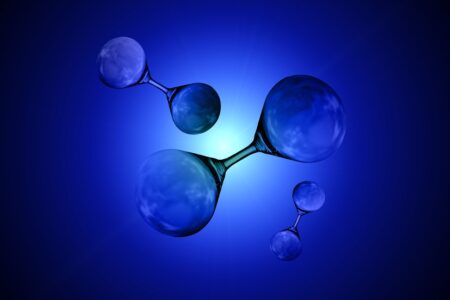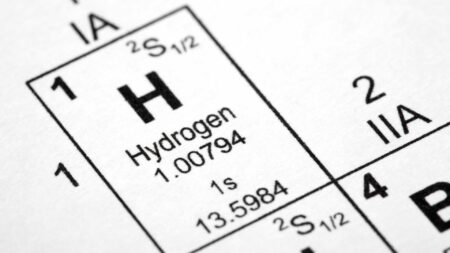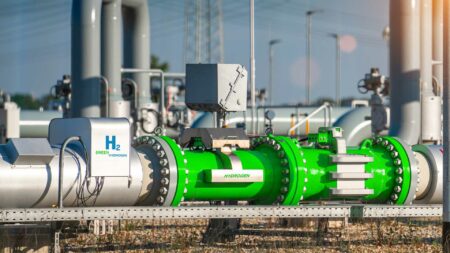Group of Seven climate ministers are expected to support Japan’s climate ambitions with a cautious endorsement by agreeing that ammonia might be used to reduce emissions from fossil fuel-based power plants, but only under specific circumstances.
According to the most recent draught of the G7 ministers’ statement, “several nations are researching the use of low-carbon and renewable hydrogen and its derivatives in the power industry to move towards zero-emission thermal power generation.” the summit will take place on April 15–16 in Sapporo, Japan.
According to the document, which Reuters was able to view, this plan must meet a number of requirements. According to the draught, it must be in line with the goal of having a mainly carbon-free power sector by 2035, as well as with the 1.5C global warming limit and reducing emissions of nitrous oxide and other pollutants.
As a method of lowering CO2 emissions, Japan is trying co-firing ammonia, a chemical consisting of nitrogen and hydrogen, in its coal-fueled power plants, and has asked the other G7 nations to support the idea.
The G7 nations declined to support the use of hydrogen and ammonia in the production of electricity without a number of conditions, according to earlier draughts of the statement seen by Reuters.
Ammonia could only be used if it is consistent with the decarbonization of the power industry by 2035 and limiting global warming to 1.5C, the limit that would avoid its most severe effects, according to a proposal from Britain, supported by France.
An international affairs representative for Japan’s Industry Ministry declined to comment on the proposed statement, citing the fact that talks are still in progress.
The purpose of the plan to increase ammonia co-firing is to reduce the climate effect of Japan’s current coal-fired power plants, which produce the greatest CO2 emissions of any fossil fuel.
The idea has drawn criticism from some analysts, however, who contend that Japan should utilise the constrained supply of low-carbon ammonia in industries like fertiliser manufacturing instead since these industries lack other options to reduce CO2.
In Japan’s power sector, ammonia-coal co-firing is too expensive to be utilised frequently, according to energy analysts BloombergNEF, and a coal plant using up to 50% ammonia would still produce more CO2 than a gas plant.








